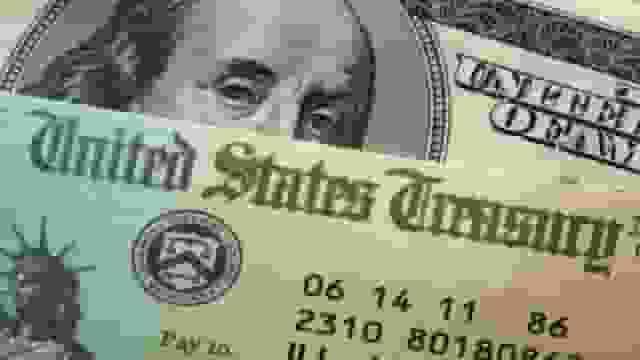Spot Imposters: Scammers frequently pose as someone you trust, such as government officials, relatives, nonprofit organisations, or businesses you do business with.
Never respond to an unexpected request for money or personal information, whether it arrives in the form of a text, phone call, or email.
Conduct online research Enter the name of a business or a product together with the words “review,” “complaint,” or “scam” into your go-to search engine. Or try searching for a word like “IRS call” that describes your circumstance.
Even phone numbers can be looked up to check whether they have been flagged as scams by others.
Don’t Believe Your Caller ID – Scammers can easily fabricate caller ID information thanks to technology, so the name and number you see aren’t necessarily genuine.
Hang up if a caller requests money or personal information. Call back to a number you are confident is legitimate if you believe the caller may be telling the truth.
Don’t Pay Up Front for a Promise – You can be asked to pay upfront for things like employment offers, mortgage aid, credit and loan offers, and debt relief.
They may even claim that you have won a prize, but you must first pay any applicable taxes or fees. If you do, they’ll likely steal the money and vanish.

Think About Your Payment Methods – While certain payment methods lack built-in fraud protection, credit cards do.
Because it’s so difficult to get your money back, sending money using services like Western Union or MoneyGram is dangerous.
That also applies to gift cards and reloadable cards like MoneyPak and Reloadit (like iTunes or Google Play). Honest businesses and government agencies won’t demand that you use these payment methods.
Before you part with your money or personal information, speak with a trusted individual. Con artists encourage you to make snap judgments.
You might even feel threatened. Take your time, read the article, conduct some research online, speak with an expert, or just tell a friend.
Robocalls should be ignored. If you pick up the phone and a sales pitch is playing, hang up and contact the FTC. These calls are prohibited, and the products are frequently fake.
Pressing 1 will not speak to a person or remove your name from the list. More calls might result from that.
Free trial offers should not be trusted – Some businesses lure you in with free trials, and then charge you every month until you cancel.
Check out the business and read the cancellation policy before committing to a free trial. Additionally, always check your monthly statement for any unfamiliar charges.
Read more:-
- As hearings on January 6 go on, the tension between Trump and McCarthy is still rising
- Some Worry That LGBTQ and Other Rights May Be Rolled Back After Roe
- The Left Turns Against Itself
Don’t Deposit a Check and Wire Money Back: Banks are required by law to release monies from deposited checks within days, but it may take weeks to discover a fraudulent check.
You are liable for paying the bank back if a check you deposit turns out to be a phoney.


